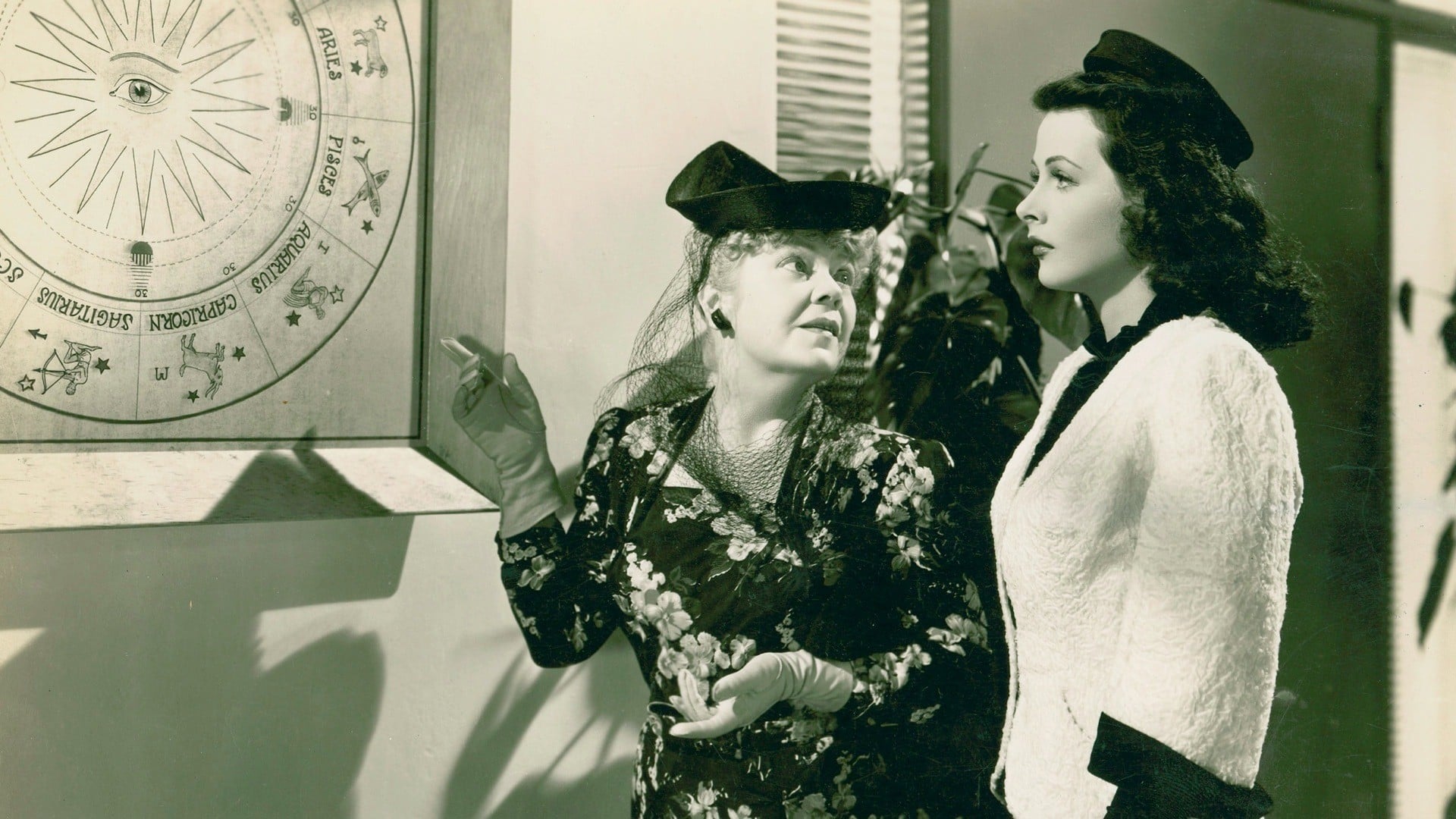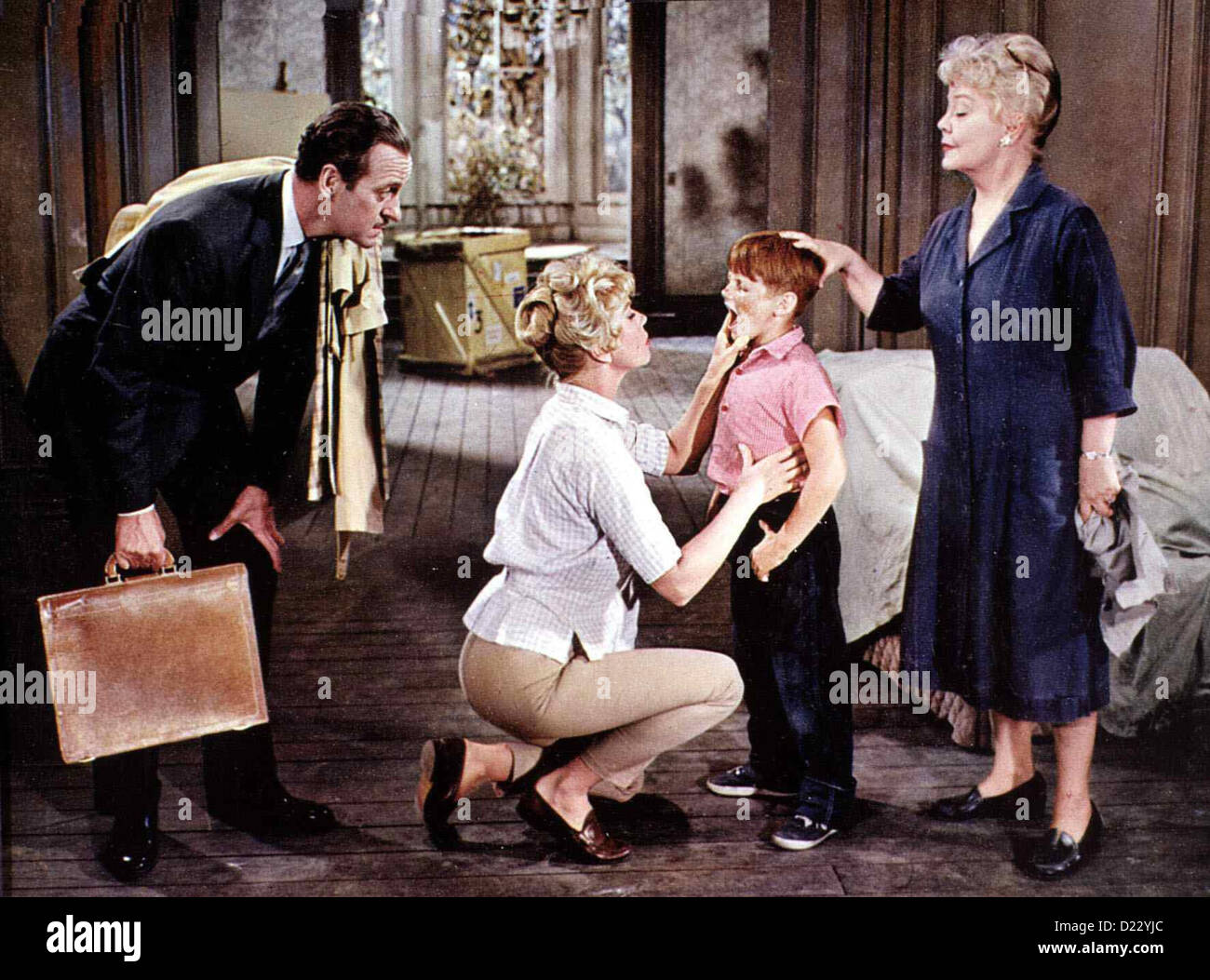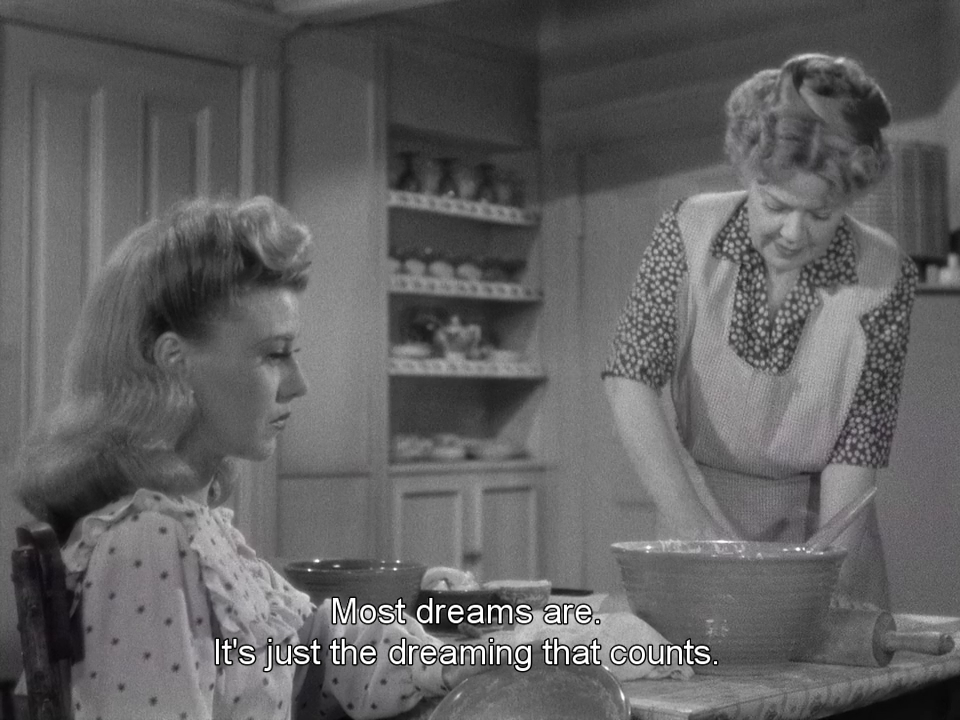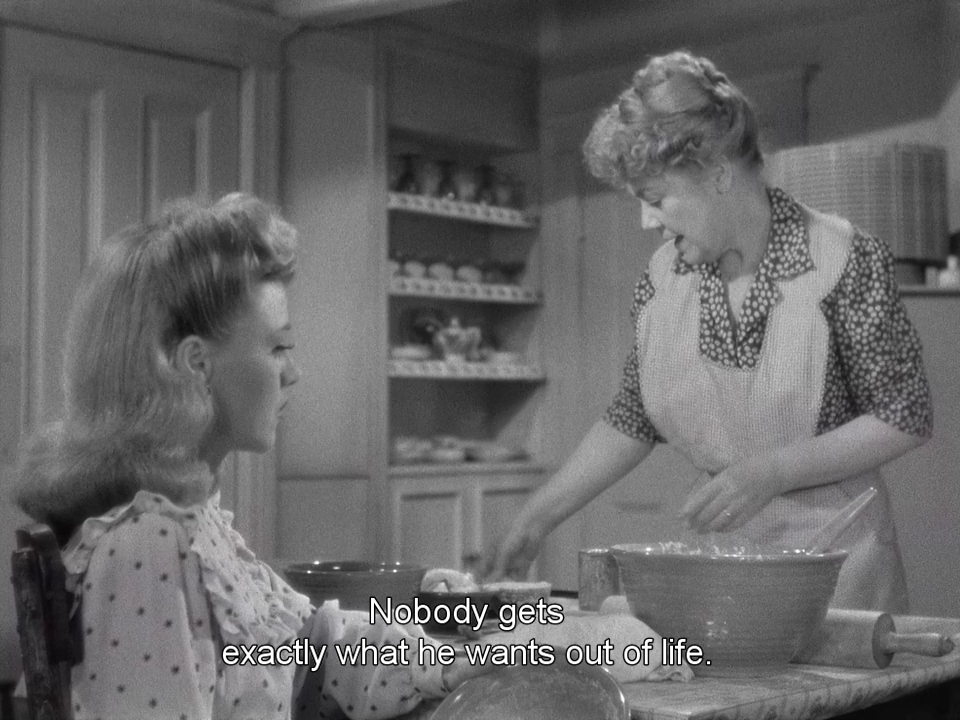Foi difícil
escolher uma palavra para definer 2018.
O dicionário Oxford escolheu “tóxico”. O site Dictionary.com escolheu “desinformação”,
e o Merriam-Webster escolheu “justice”. Alguns textos no Medium apontaram
outras opções, como “trauma” e “luto”. De certa maneira, todas estas palavras
estão corretas. 2018 não foi um ano fácil para a sociedade, em especial para
nós que vimos com horror a ascensão do fascismo mais uma vez – para uma
historiadora como eu, é como se um filme de horror passasse pelos meus olhos,
mas agora não é ficção.
It was hard to choose one word to define 2018.
Oxford Dictionaries chose “toxic”. Dictionary.com chose “misinformation”, and
Merriam-Webster chose “justice”. Some think pieces on Medium pointed other
options, such as “trauma” and “grief”. In a way, all these words are correct.
2018 wasn’t easy for as a society, in special for those of us who watch with
horror the rise of fascism all over again – for a historian like me, it’s like
a little horror movie being shown in front of my eyes, but not in the movie slot,
but at the TV news.
E mesmo
assim, na minha vida pessoal, 2018 foi bom – ei, eu escrevi um capítulo de um livro sobre Alfred Hitchcock! E foi bom por causa do cinema. Eu estou cada vez
mais convencida de que nós temos as artes em geral e o cinema em particular
para nos salvar da excruciante dor da realidade.
And yet, in my personal life, 2018 was goo –
hey, I wrote a book chapter about Alfred Hitchcock! And it was good because of
the movies. I’m more and more convinced that we have the arts in general and
the movies in particular to save us from the excruciating pain of reality.
 |
| That's the book |
 |
| That's me |
Estes foram
os melhores filmes que eu vi em cada mês – os filmes que me ajudaram a escapar
da realidade:
These are the best films I’ve watched each month – the films that helped me escape reality:
Janeiro: “A Senhora
e seus Maridos” (1964) é uma das mais deliciosas comédias que eu já vi. Sua
estrela é Shirley MacLaine, interpretando uma garota que só quer ser feliz, mas
acaba casada com vários homens, um após o outro, que de repente se tornam
ricos, famosos e infelizes. Como seus maridos, temos Dick Van Dyke, Paul Newman,
Dean Martin, Gene Kelly e Robert Mitchum.
January: “What a Way to Go!” (1964) is one of the most
delightful comedies I’ve ever seen. It stars Shirley MacLaine as a girl who only
wants to be happy, but ends up marrying a series of men who suddenly become
rich, famous and unhappy. As her husbands, we have Dick Van Dyke, Paul Newman,
Dean Martin, Gene Kelly and Robert Mitchum.
Menção
honrosa para “Meu Querido Maluco” (1941), um filme que deveria aparecer no topo
de todas as listas de melhores screwball
comedies. Suas estrelas são a incrível dupla Myrna Loy e William Powell!
Honorable mention to “Love Crazy” (1941), a
film that should be up there in the list of best screwball comedies. It stars
the amazing duo Myrna Loy and William Powell!
Fevereiro: O primeiro
ganhador do Oscar de Melhor Filme, “Asas” (1927) me impressionou de várias
maneiras. As sequências aéreas, a estupidez da guerra, a amizade entre os dois
protagonistas, a cena do balanço: estas poderiam ser as quatro razões pelas
quais William A. Wellman foi um dos melhores diretores de todos os tempos.
February: The first Best Picture Oscar winner, “Wings” (1927)
mesmerized me in more than one way. The aerial sequences, the stupidity of war,
the friendship between the two leads, the swing scene: these could be the four
main reasons why William A. Wellman was one of the best directors ever.
Março: Você já
ouviu falar do filme tcheco-eslovaco “Tomorrow I’ll Wake Up and Scald Myself
with Tea”, de 1977? Eu também não o conhecia até que a Ruth do blog Silver Screenings escreveu sobre ele. Como o filme estava disponível online, eu decidi
lhe dar uma chance, e ri mais com ele do que ri no ano inteiro. O filme é sobre
o piloto Charles (Petr Kostka), que é parte de um plano para viajar no tempo e
fazer a Alemanha ganhar a Segunda Guerra Mundial. Charles morre de repente e
seu irmão gêmeo, John (também Petr Kostka), assume a missão. É preciso ver para
crer.
March: Have you ever heard about the Czechoslovakian film
“Tomorrow I’ll Wake Up and Scald Myself with Tea”, from 1977? I also hadn’t
heard about it until Ruth from Silver Screenings wrote about the film. Since it
was available online, I decided to give it a chance and, boy, I laughed more than
I had in a long time. The film is about pilot Charles (Petr Kostka), who is
part of a plan to travel in time and make German win World War Second. Charles
dies suddenly and his twin brother, John (also Petr Kostka) assumes his
mission. It needs to be seen to be believed.
Menção
honrosa para “A Grande Ilusão” (1949), um filme tão atual que chega a doer.
Minha avó também viu o filme e disse que era chato. Ela não é mais minha avó...
Brincadeirinha.
Honorable mention to “All the King’s Men”
(1949), a film so modern it hurts. Also, my grandmother also watched this and
thought it was boring. She is no longer my grandmother…
Just
kidding.
Abril: O filme de
estreia de Doris Day, “Romance em Alto Mar” (1948), pode melhorar o humor de
qualquer um. Este amável musical também conta com Janis Paige, Jack Carson e
números coreografados por Busby Berkeley.
April: Doris Day’s debut, “Romance on the High Seas”(1948) can be the definition of a feel-good movie. This sweet musical also
stars Janis Paige, Jack Carson and has numbers staged by Busby Berkeley.
Menção
honrosa para a adorável comédia “A Incrível Jornada de Jacqueline” (2016),
sobre um homem que atravessa a França a pé acompanhado de sua vaca.
Honorable mention to the delightful comedy “La
Vache” (2016), about a man in a cross-country trip with his cow.
Maio: “A Canção da Liberdade” (1936) é o filme que iniciou minha obsessão com Paul Robeson. Eu
também fiquei obcecada com a canção “Lonely Road” e escutei-a sem parar no
Spotify. Paul Robeson pode não ser muito popular hoje, mas foi um grande ator,
cantor e ser humano.
May: “Song of Freedom” (1936) is the film that started my
obsession with Paul Robeson. I became obsessed with his song “Lonely Road” and
listened to it on loop on Spotify. Paul Robeson may be not remembered that well,
but he was a great actor, singer and human being.
Menção
honrosa para “O Homem que Não Vendeu sua Alma” (1966) e a atuação inspirada de
Paul Scofield.
Honorable mention to “A Man for All Seasons”
(1966) and Paul Scofield’s inspired performance.
Junho: “Melodia
da Broadway” (1929) foi o primeiro musical e ganhar o Oscar de Melhor Filme e
eu o vi como parte do curso TCM – Mad About Musicals. O filme pode parecer
primitivo, mas certamente é um marco na história de Hollywood. Além disso,
Bessie Love é um amorzinho.
June: “The Broadway Melody” (1929) was the first musical
to win the Best Picture Oscar and I watched it as part of the Mad About
Musicals TCM course. It may seem primitive, but it was certainly a landmark in
the history of Hollywood. Also, Bessie Love is love.
Menção
honrosa para “As Boas Maneiras” (2017), um filme de brasileiro de horror e
fantasia que me deixou sem fôlego.
Honorable mention to “The Good Manners” (2017), a Brazilian horror-fantasy that just took my breath away.
Julho: “A Porta de Ouro” (1941) é sobre imigrantes presos na fronteira, sem poder entrar nos
EUA. Mais um filme com um tema muito atual – e que filme emocionante!
July: “Hold Back the Dawn” (1941) is about immigrants
trapped in the border, not being able to enter the US. Another film with a very
modern theme – and such a touching one!
Agosto: Até
agosto, eu nunca tinha visto “Grande Hotel” (1932) e não sabia o que estava
perdendo! Amei o filme, em particular as maneiras como ele trata de temas como
solidão, ganância e do poder que o dinheiro tem de destruir pessoas.
August: Until August, I hadn’t watched “Grand Hotel” (1932)
and, wow, I was missing a lot! I loved the film, in particular the themes of
solitude, greed and the power money has to destroy people.
Menção
honrosa para “Ao Sul do Pacífico” (1959), um filme cuja trilha sonora se tornou
minha obsessão.
Honorable mention to “South Pacific” (1959), a
film whose soundtrack became my obsession.
Setembro: Reassistir
a “Fome por Glória” (1933), meu filme favorito com Richard Barthelmess, foi
recompensador. Em apenas 76 minutos, ele lida com temas como o abandono dos
veteranos de guerra, vício em drogas, socialismo, a Grande Depressão e muito
mais.
September: Rewatching “Heroes for Sale” (1933), my favorite
Richard Barthelmess film, proved to be rewarding. In only 76 minutes, it
manages to deal with war veterans being abandoned, drug addiction, socialism,
the Depression and much more.
Outubro: “Estrela Ditosa” (1929) tem o melhor do cinema mudo: atuações charmosas, uma dupla com
muita química – Janet Gaynor e Charles Farrell – e ótima direção de arte. Frank
Borzagefoi realmente um mestre.
October: “Lucky Star” (1929) has the best of silent films:
charming performances, a duo with great chemistry – Janet Gaynor and Charles
Farrell – and great art direction. Frank Borzage was really a master.
Novembro: “Eu Acuso!” (1919) estreou apenas seis meses após o fim da Primeira Guerra Mundial e é
impressionante. Suas quase três horas de projeção passam muito rápido.
November: “J’Accuse” (1919) was released only six months after
the end of World War I and it is breathtaking. Its nearly three hours passed by
quick and easy.
Menção
honrosa para “O Fugitivo” (1932), um filme que vale ser revisto sempre.
Dezembro: Meu
querido “Inimigo Público” (1931) provou que continua bom depois de ser
reassistido… quatro vezes.
Menção
honrosa para “Becket – O Favorito do Rei’ (1964), um grande filme histórico com
a carismática dupla Peter O’Toole e Richard Burton.
Honorable mention to “Becket” (1964), a great
historical flick with the charismatic duo Peter O’Toole and Richard Burton.
Que não nos
faltem bons filmes em 2019!
May 2019 be filled with good movies!



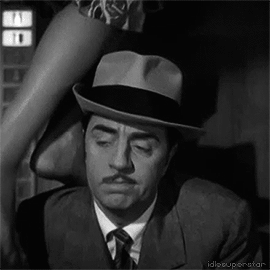

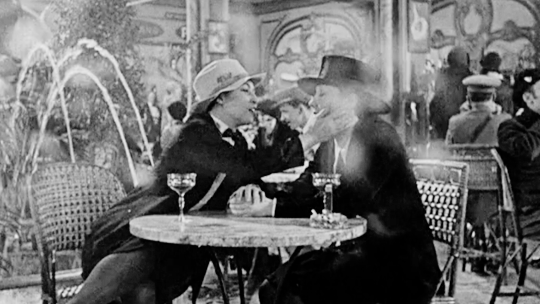
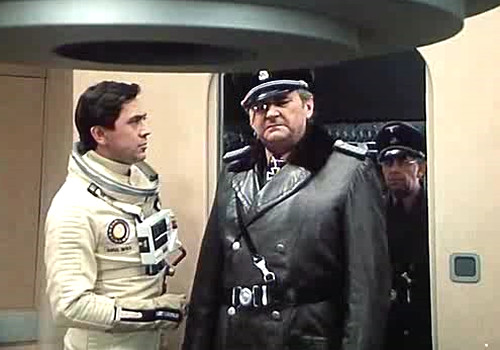

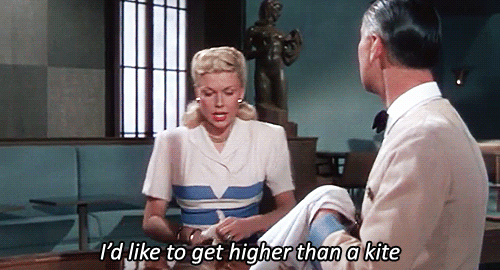
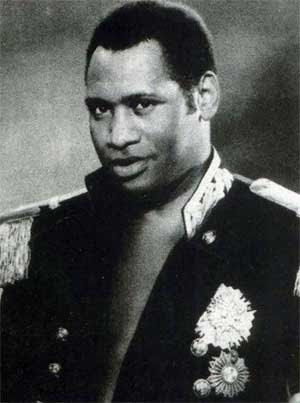

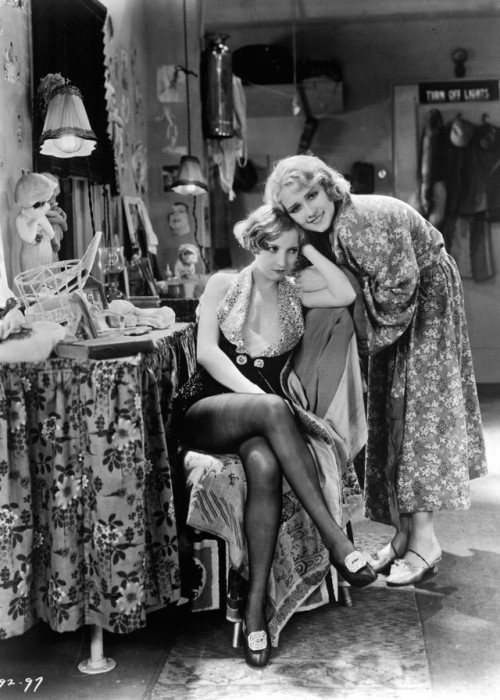

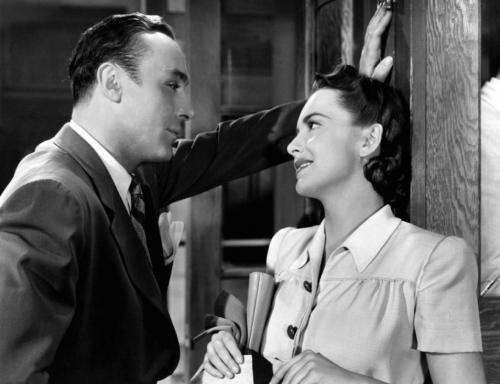


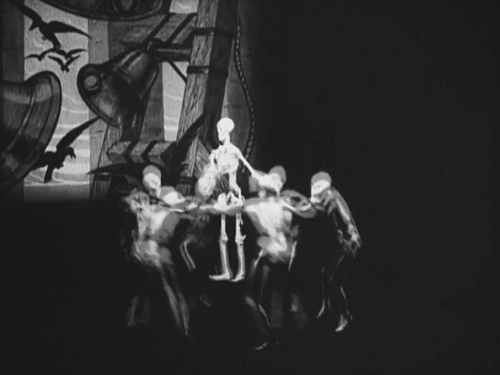



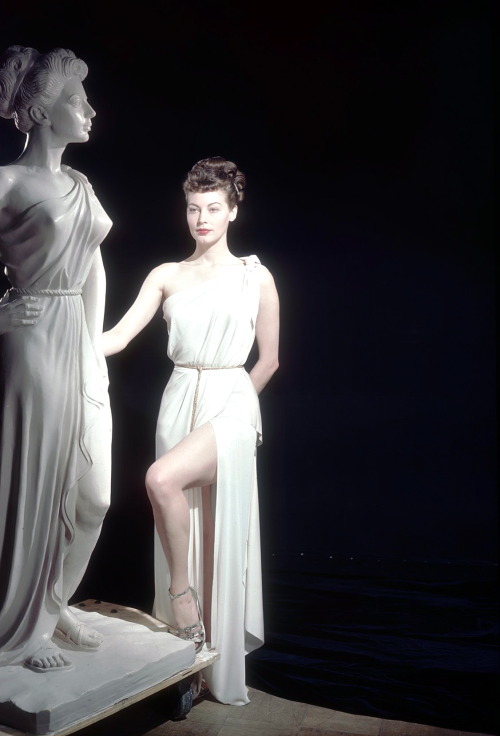
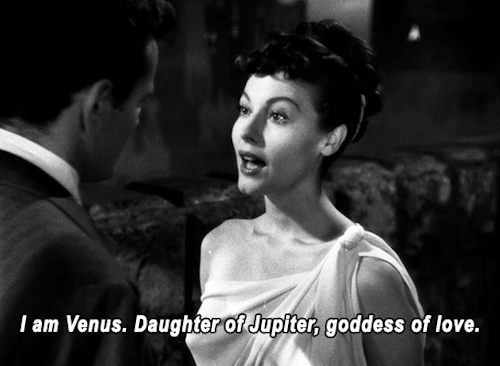
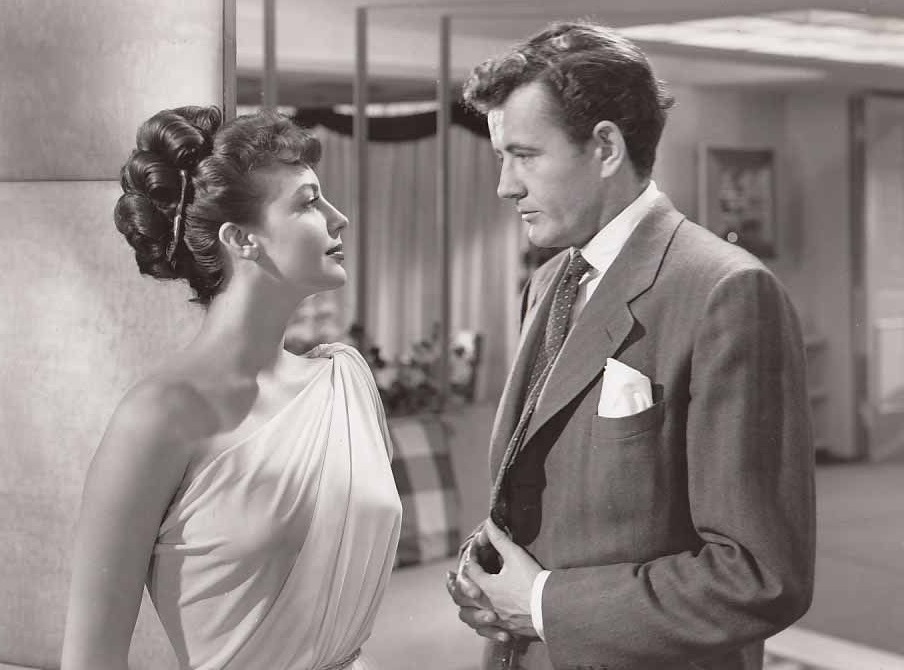
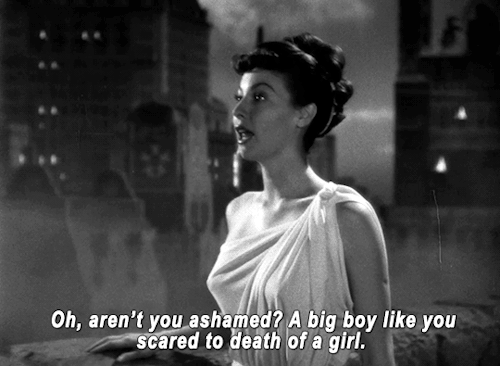
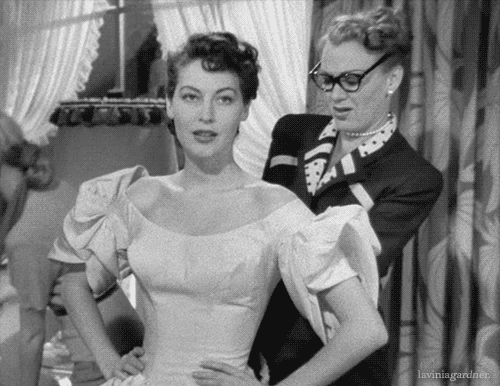
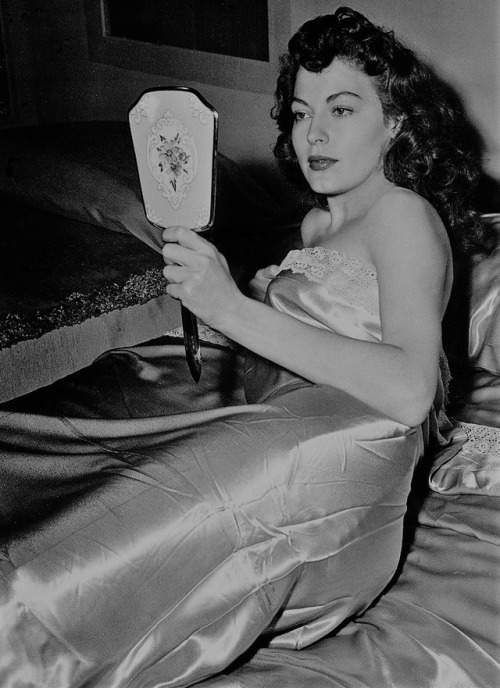
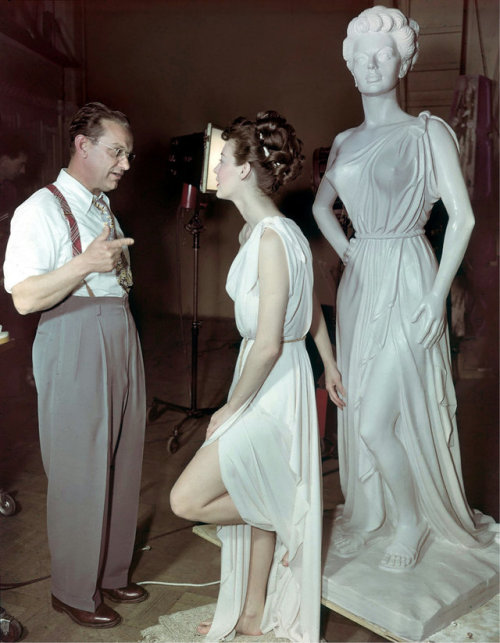
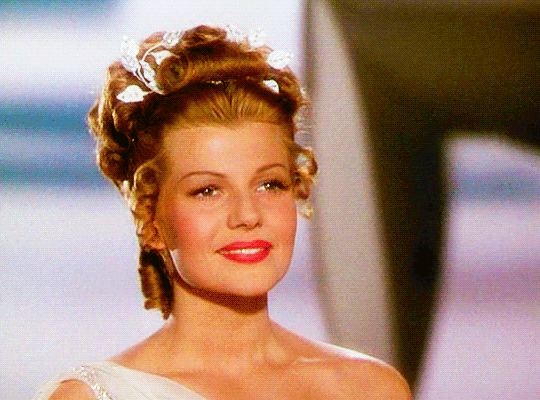
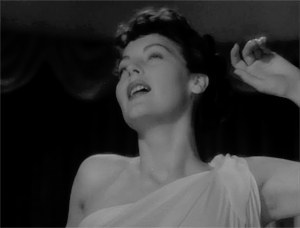



.jpg/220px-Spring_byington_(1).jpg)


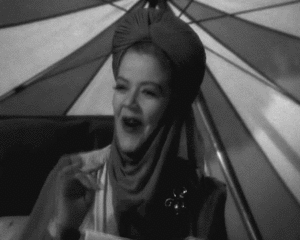



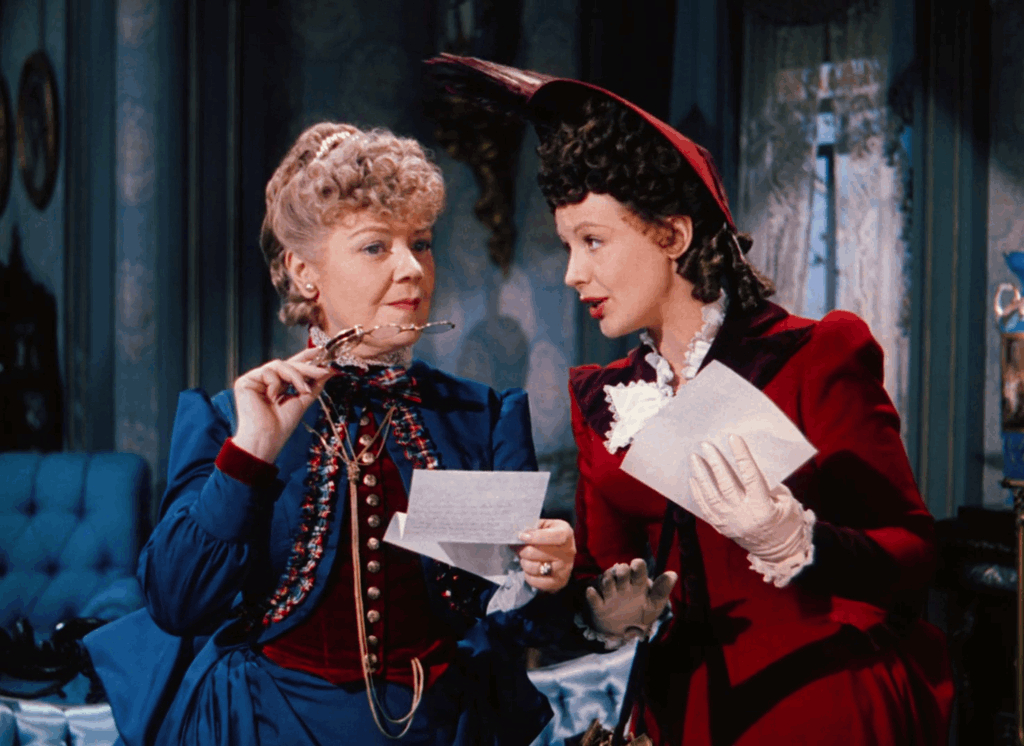-screenshot.jpg)
